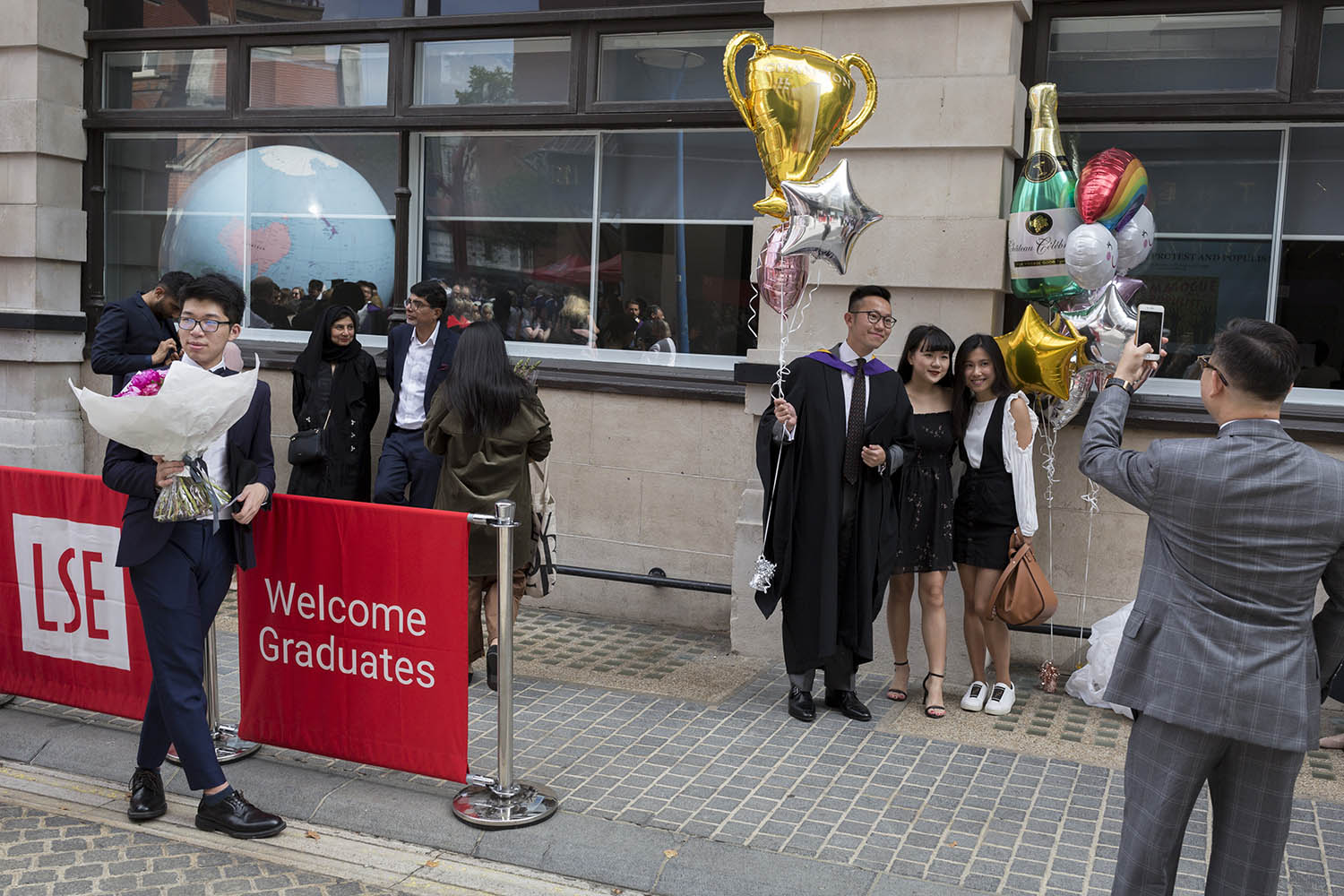The government’s 10-year industrial strategy is serious, and has serious money behind it, including £4.3bn for advanced manufacturing. It has been rightly welcomed, even if it has failed to generate much fanfare.
But there is one big missed opportunity: universities. They are correctly given prominence as a foundation for other industries’ success. But universities matter in their own right. They export more than £21bn a year, making them the UK’s fourth largest export industry. Despite this, the strategy does not define them as a core sector and says next to nothing about how to increase our university exports.
Although most people think of exports as goods sent abroad, the definition of an export is money flowing into the UK to pay for something. An international student paying to study here is an export.
Politicians should know universities are exporters, because these institutions are among the top three exporters in 102 constituencies – something no other industry can match – with 87 of those 102 seats Labour-held. Thriving universities are an electoral boon for the party: in more than 100 constituencies, they raise average salaries by the equivalent of at least two weeks’ wages. And international students make Labour areas – and the people in them – richer. Professors gain, as do those who maintain university buildings, staff the canteen and run the off-licence.
Unlike any other export, however, universities automatically generate additional exports. Every foreign student has to pay for accommodation, food and so on. Although they may do some paid work while they are here, the bulk of this spending is money coming into Britain from abroad, and this spending is also an export. Every time an overseas student buys a pint in ’Spoons, both the pub and the brewer are exporting, bringing money and prosperity into Britain. That is why foreign students raise incomes in every UK constituency.
Universities are also unique among exporters in generating revenue for the government. Students have to pay a £524 visa fee and a relatively large surcharge towards NHS costs (£776 a year). On top of that, they also pay VAT when they buy things here and alcohol duty when they buy that pint of beer. They also pay much higher fees than UK students: those fees improve teaching quality for the latter and allow universities to undertake growth-enhancing research. Without that revenue, teaching standards could fall.
No other sector can claim this level of contribution. It is great for Britain when we export a Sunderland-built Nissan, or an Oxford-built Mini. But very few people buying those cars come to the UK and spend money at the same time. They don’t pay VAT or duty or any form of fee to the government. That is why increasing the number of foreign students is essentially a no-brainer.
That is especially true because universities do not need £4.3bn to increase their exports – they need common sense about student visas. Britain’s student visa system is already the least generous in the English-speaking world. Unlike the UK, for example, Australia, Canada, New Zealand and the US all allow foreign students to bring spouses and children.
Despite this system already being worst-in-class, the government wants to tighten it further, restricting the time students can remain in the UK after graduation, putting off overseas students. An outsider may think the government wants to make us poorer.
A government determined to make Britain richer would use the industrial strategy to explain how it will help universities attract more international students to more places. That means visa reform, above all, but would also mean opening new universities in places such as Blackpool. Just as in Huddersfield, a university in Blackpool would bring jobs to the town and make it more prosperous.
Newsletters
Choose the newsletters you want to receive
View more
For information about how The Observer protects your data, read our Privacy Policy
More exports, more economic growth, more levelling up: foreign students should be central to our industrial strategy.
Photography by Richard Baker/In Pictures
Tim Leunig is chief economist at Nesta, the social innovation agency



